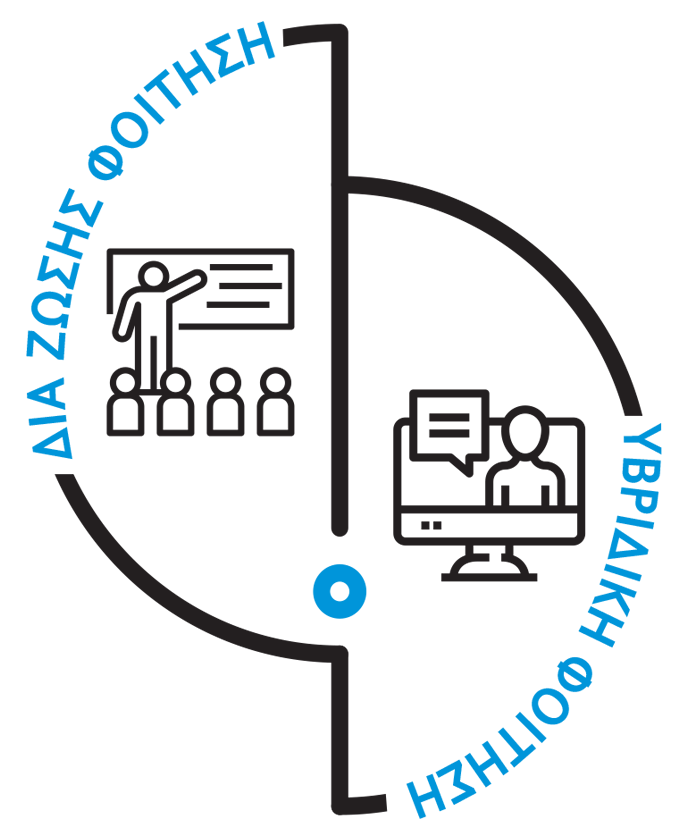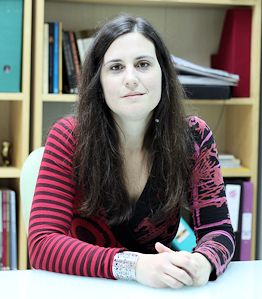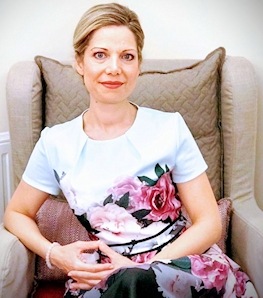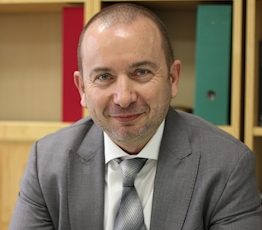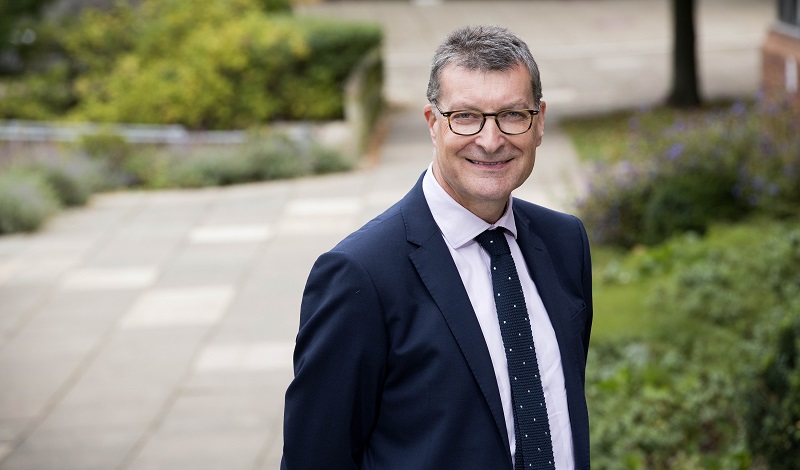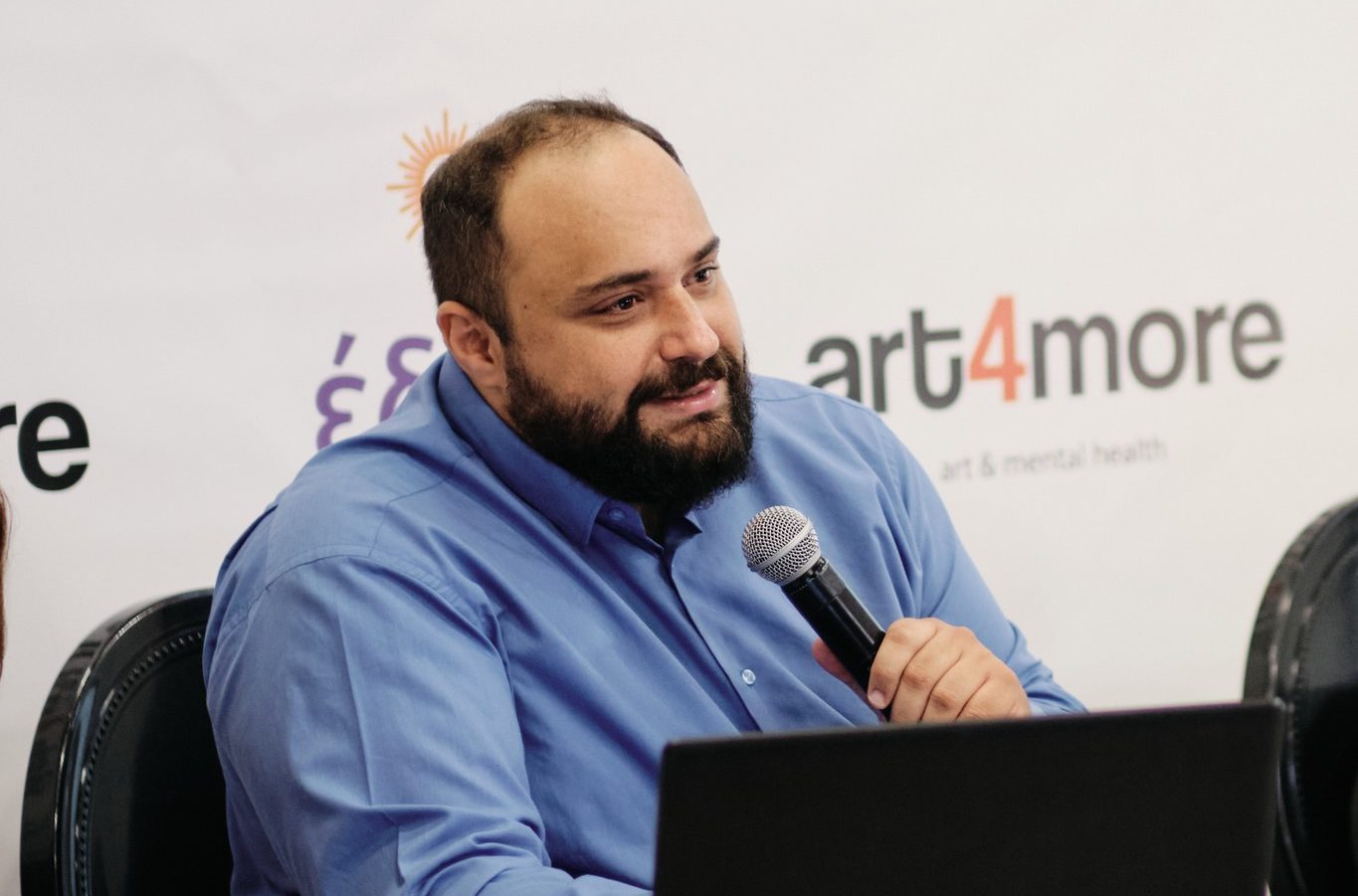This intensive and specialised Postgraduate Programme in Cognitive-Behavioural Psychotherapy, is available in cooperation with University of Central Lancashire, which is the large international public university in the north of England and expands the range of Psychotherapy programs provided by ICPS in Greece.
This pioneering MPA, combines theory with experiential education, the internship as well as the research application. It is based on the principles of Cognitive-Behavioral Psychotherapy, while including series of specialized workshops at Behaviour Modification and in Consulting with the 35 years of expertise of the College in the subject.
Master of Cognitive-Behavioural Psychotherapy
With bases in Stoic Philosophy and the Epictetus (50 AD – 138 AD), the Cognitive-Behavioural Psychotherapy is a synthesis of Cognitive (Adler, Ellis, Beck) and Behavioral (Watson, Pavlov, Rayner, Eysenck, Eysenck, Skinner) methods and approaches, while at the core of Cognitive-Behavioural Psychotherapy there are three key principles:
- Cognitive function affects behaviour.
- Cognitive function can be changed and become controllable.
- Cognitive changes can influence the changes we want to change in behaviour.
The aim of this approach is to identify dysfunctional thoughts and behaviours. Then changing our thought patterns, our conscious and unconscious beliefs. Also our attitudes and ultimately, our behaviour. All of this results in us being more successful in dealing with the difficulties of everyday life.
The CBT is a applied approach which requires both therapist and client to be invested in the process and willing to actively participate. The therapist and the client work together as a team to identify the problems faced by the client, to come up with a coping strategies and create positive solutions.
The Master’s degree in Cognitive-Behavioural Psychotherapy aims to develop the skills necessary for the application of the principles and methods of the Cognitive-Behavioural Approachboth in cases of daily emotional stress, as well as in those of psychological maladjustment. During the course of study, students will receive training in the basic principles of counselling and psychotherapy and then in the principles of Cognitive-Behavioural Psychotherapy and its application to special population groups.
Among other things it covers:
- The theory and findings governing the application of Cognitive-Behavioural Psychotherapy in people’s everyday life.
- Development important counselling and psychotherapy skills to create a successful therapeutic relationship.
- Specialised training in the approach to psychopathology through the prism of Cognitive-Behavioural Psychotherapy.
- Development of advanced skills in the therapeutic procedures of the Cognitive-Behavioural Approach. Individual Therapy, Cognitive Process, Behavioural Process, Intervention in Contexts (School, Groups, Work, etc.).
- Personal development and expanded self-awareness via experiential exhibition and group process.
- Specialization in incidents anxiety disorders and depression, gambling and other addictions, aggression and violence, eating disorders, family and work stress, life changes (e.g. unemployment), etc.
- Training in research protocols in Cognitive-Behavioral Psychotherapy.
Other important features of the project are:
- Recognized by the Department for the Implementation of European Legislation (ATEΕN) (formerly known as the SACP). It is Equivalent (Professional Equivalence) of Postgraduate students of public universities.
- Interdisciplinary team of trainers with experience in counselling and psychotherapy, who have certification from the European Society for Consulting and from European Society for Psychotherapy. There is also certification from the European Society for Behavioural and Cognitive Therapies.
- Mandatory practical training, at least 300 hours. It takes place in private and public sector organisations or with professionals psychotherapists of the Cognitive-Behavioural Approach who are certified. Procedure in accordance with the provisions of the legislation (Law 4763/2020, Law 5006/2022) with supervision provided by the College.
- Ninety (90) ECTS (18 months normal duration). It is available in an intensive 12-month or part-time 24-month format.
- Academic assessment: Variety of methods including assignments, presentations, self-evaluation and personal development reports, role play etc.
Registration Criteria:
- University degree, preferably in Psychology or a similar discipline.
- Good knowledge of English for the study of the bibliography
- Those who have completed a research thesis during their undergraduate studies have a head start.
- Two years of work experience is an additional qualification, but not essential.
- Assessment of study intention by a Study Advisor.
- Successful Academic Interview.
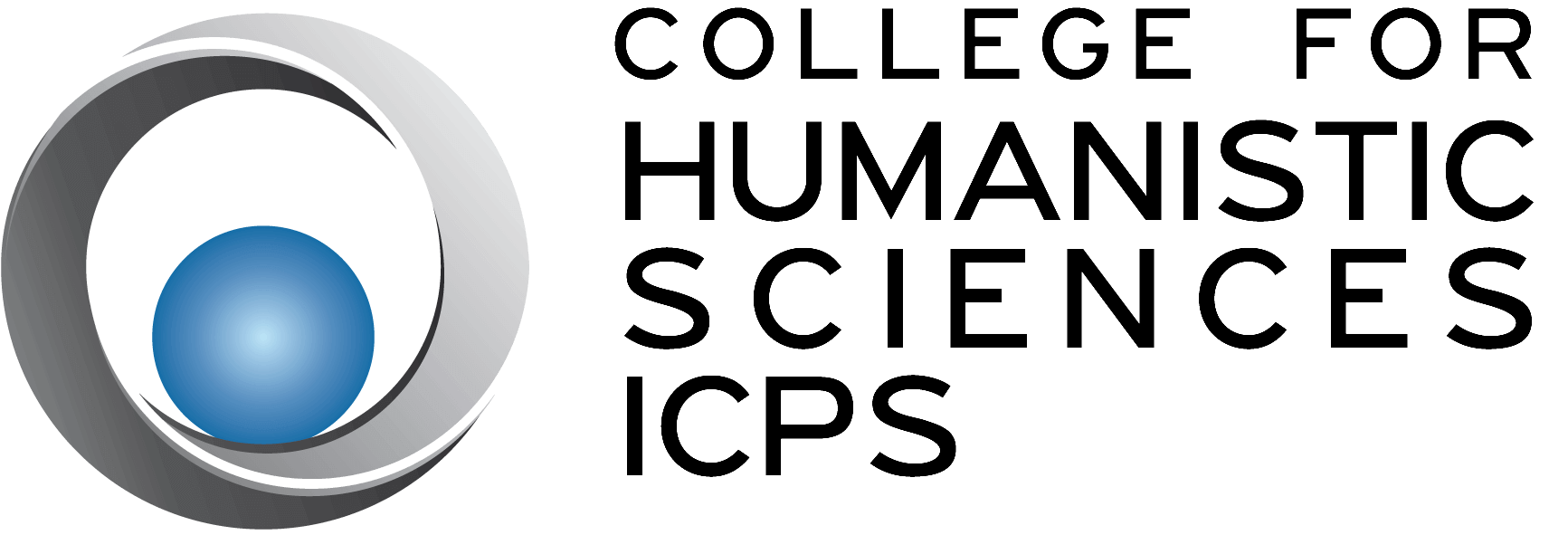



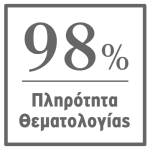


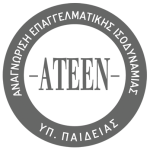

 To Master Γνωσιακής Συμπεριφορικής Ψυχοθεραπείας στο ICPS περιλαμβάνει το κορυφαίο πρόγραμμα προσωπικής και επαγγελματικής ανάπτυξης, Career Success Navigator©
To Master Γνωσιακής Συμπεριφορικής Ψυχοθεραπείας στο ICPS περιλαμβάνει το κορυφαίο πρόγραμμα προσωπικής και επαγγελματικής ανάπτυξης, Career Success Navigator©